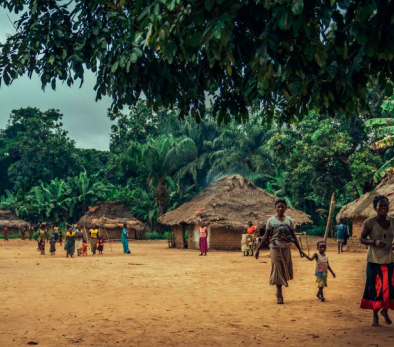IED Consult is “investing in sustainable energy statistics in Africa” alongside the African Energy Commission and national governments!

Addis Ababa, 12-14 September 2022
In September, IED Consult had the honor of facilitating an international workshop hosted by the African Energy Commission (AFREC) in Addis Ababa on the theme “Investing in Sustainable Energy Statistics in Africa” The workshop was held in the framework of a major AFREC support program designed to reinforce or establish national energy information systems and improve the quality and coverage of energy statistics in African Union (AU) member states.
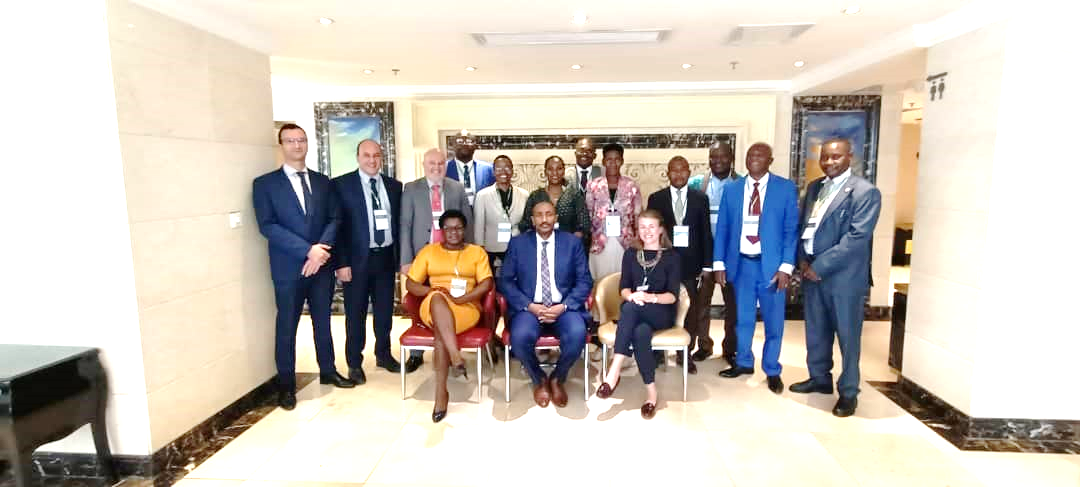
AFREC launched the pilot phase of the program in January 2022 for a cohort of countries (Algeria, Botswana, Burkina Faso, Congo, Gabon, Kenya, Lesotho, Namibia, Nigeria and Zimbabwe), and will extend the support to additional member states in 2023. As the implementation partner for the program, IED Consult has worked with the commission and national stakeholders over the past ten months to perform a detailed multi-criteria assessment of national energy statistics programs and develop an Energy Statistics Diagnostic and Action Plan for each participating country. IED Consult’s experts were also responsible for designing and delivering six online training modules targeting key skills gaps identified in the diagnostics.
The workshop gathered energy statisticians and data management experts from the participating countries, observers from other member states, and representatives from AFREC, with the objective to discuss the Diagnostic and Action Plan reports and exchange on implementation requirements, common themes, and challenges. In addition to a dedicated session on each country’s Diagnostic and Action Plan, the agenda also included thematic panel discussions and collective problem-solving sessions on topics including:
- Primary data collection for bio-energy and energy end uses using surveys
- Designing and financing an Energy Information System project
- Dissemination of energy statistics and stakeholder engagement
- Training and support requirements for building sustainable statistics programs
- Developing and animating a community of practice for African energy statisticians
The workshop resulted in the technical validation of all ten Diagnostic and Action Plan reports and recommendations for national governments, AFREC and other regional and international partners to support implementation of the action plans. The reports and recommendations will be presented for adoption at the Second Ministerial Meeting on Sustainable Energy Statistics and Data Management in Africa on October 24th, 2022.
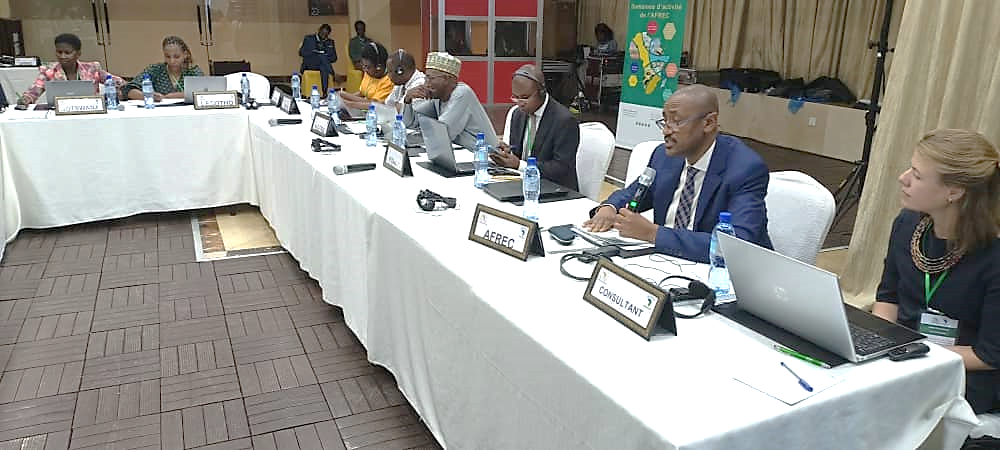




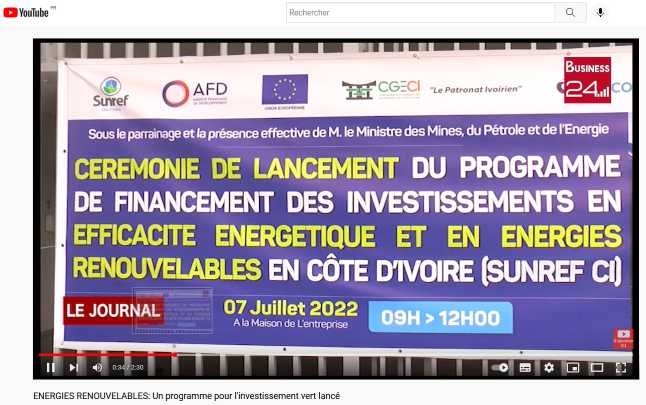
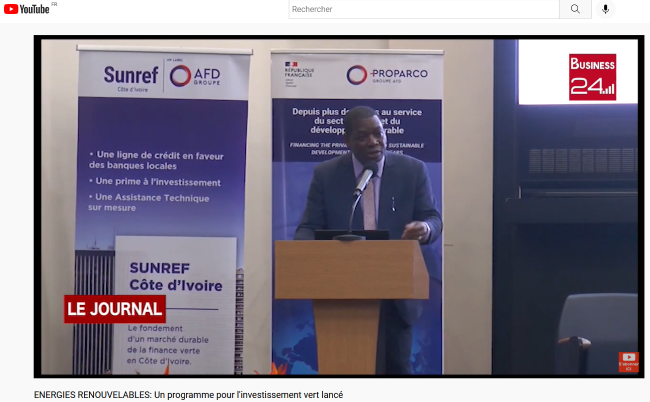
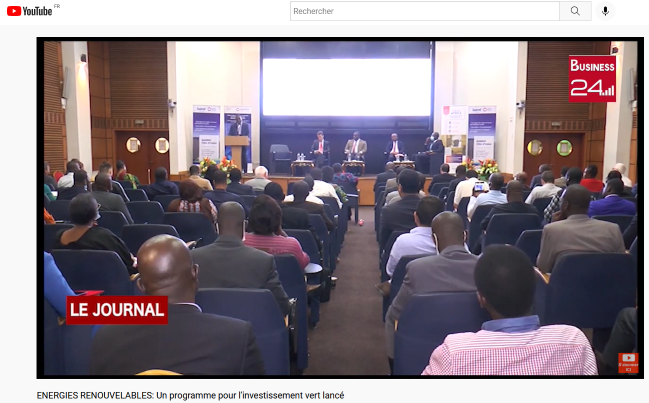
 Travel in the countries of IED intervention, although still relatively reduced by certain restrictions related to Covid-19, has nevertheless generated the emission of 74 Tons of CO2 for the year 2021.
Travel in the countries of IED intervention, although still relatively reduced by certain restrictions related to Covid-19, has nevertheless generated the emission of 74 Tons of CO2 for the year 2021.